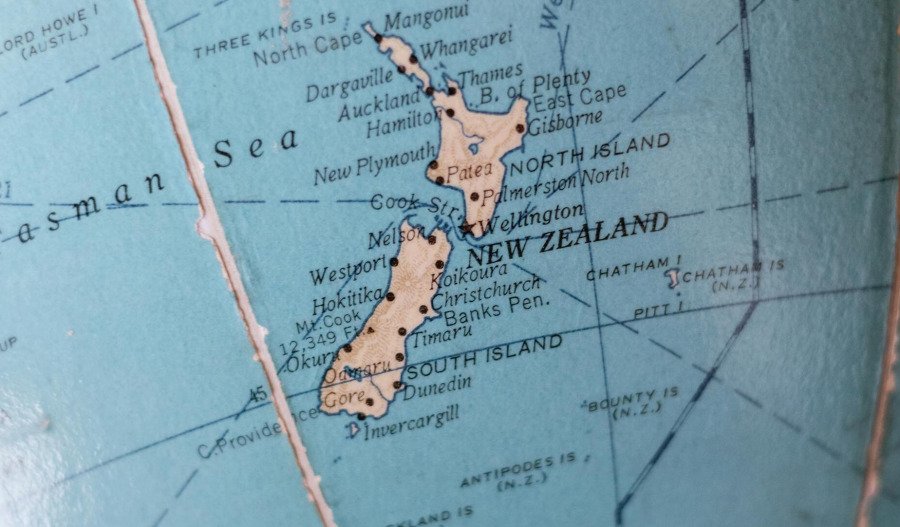The Reserve Bank of New Zealand (RBNZ) reduced its official cash rate (OCR) by 25 basis points to 3.25% on Wednesday, matching expectations and marking the lowest level since September 2022. The move extends the central bank’s current easing cycle to 225 basis points.
However, in a rare split, one member of the monetary policy committee voted against the cut, citing uncertainty stemming from escalating United States tariffs.
By a majority vote of five to one, the Committee opted for a 25 basis point reduction from 3.50%, as outlined in the media release.
The decision comes amid mounting global economic concerns. “Projections for global economic activity have weakened since the February Statement, reflecting the shift towards protectionist policies in some major economies,” the Committee noted.
Economic growth forecasts for both China and the United States have been revised downward, largely due to rising tariffs between the two.
The Committee warned that heightened policy uncertainty was weighing on global consumption and investment, particularly as countries contemplate various fiscal and monetary responses.
The possibility of substantial Chinese fiscal stimulus or additional U.S. fiscal expansion could have broad implications, including concerns about U.S. debt sustainability.
More broadly, the bank highlighted increasing geo-economic fragmentation and deteriorating macroeconomic institutions as factors encouraging precautionary behaviour by businesses and households.
The result, they said, is that growth in New Zealand’s key trading partners will likely remain below potential through 2025.
Domestically, New Zealand’s labour market is showing signs of cooling. Nominal wage growth has slowed and employers are finding it easier to hire. While employment growth is currently modest, the RBNZ expects it to pick up later this year as the broader economy recovers.
The central bank flagged that the recent spike in U.S. tariffs would dampen global demand for New Zealand’s exports, particularly across Asia, thereby restraining domestic growth. Business investment and consumption are also likely to suffer due to global policy uncertainty.
“On balance, the Committee expects the increase in global tariffs to result in less inflationary pressure on the New Zealand economy,” the minutes stated.
However, they also acknowledged significant uncertainty, depending on whether the inflationary impact of tariffs proves to be demand- or supply-driven.
RBNZ now projects annual CPI inflation to rise to 2.7% in the third quarter of 2025, before easing back toward the 2% midpoint of its target range by 2026.



